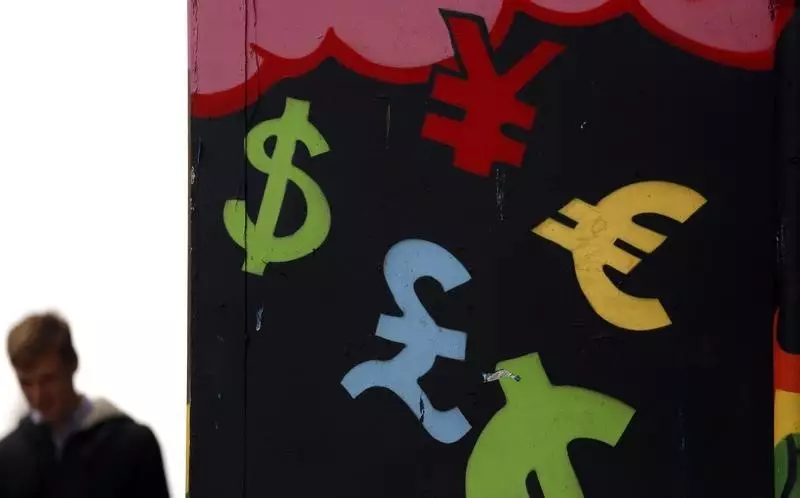In a significant development within the ongoing saga of cryptocurrencies, Montenegro has officially extradited Do Kwon, the co-founder of Terraform Labs, to the United States. This decision came after Kwon, previously arrested for passport fraud while attempting to flee Montenegro in March 2023, was faced with serious allegations of misleading investors regarding the stability of the TerraUSD cryptocurrency. The extradition underscores a pivotal moment in regulatory actions against the tumultuous crypto space, emphasizing the increasing scrutiny from global authorities. Kwon’s handover to U.S. law enforcement at Podgorica airport marks a critical juncture, revealing the intergovernmental cooperation aimed at holding influential figures accountable in the wake of market-shaking events.
The downfall of TerraUSD—a stablecoin designed to maintain parity with the U.S. dollar—is a chilling reminder of the inherent risks associated with cryptocurrencies, even those marketed as ‘stable.’ Once perceived as a secure investment, TerraUSD saw its value plummet in May 2022, resulting in widespread market destabilization and an estimated $40 billion in losses. Such a collapse not only undermines investor confidence but also prompts regulators to take a more proactive stance in overseeing digital assets. The TerraUSD episode illustrates the fragility of perceived stability in the cryptocurrency market, where investor trust can evaporate in an instant, revealing the nuances and challenges of blockchain technology.
Despite the severe allegations, Kwon continues to deny any wrongdoing, highlighting the complexities that often accompany legal proceedings in the crypto sector. His situation raises pertinent questions about accountability and transparency in an industry still grappling with regulatory frameworks. The U.S. Securities and Exchange Commission’s lawsuit against Kwon and Terraform Labs reflects a larger movement towards stricter oversight, suggesting that the era of laissez-faire in crypto markets may be coming to an end. With many investors caught in the tumult of market manipulation and misinformation, the demand for redress grows louder.
Kwon’s extradition has sparked mixed reactions across the crypto community. Some view it as a necessary step toward justice and investor protection, while others argue that it could scare off innovation and investment in the sector. As legal and regulatory measures evolve, there is an ongoing debate about balancing the need for oversight with the desire to foster growth in the digital asset space. The outcome of Kwon’s case may set important precedents for how similar situations are handled in the future.
The extradition of Do Kwon signifies a turning point in the approach to cryptocurrency regulation, reflecting the urgent need for enhanced accountability in a volatile market. As this case unfolds, it will undoubtedly influence perceptions of trust in digital currencies and shape the future landscape of blockchain technology and its governance.

